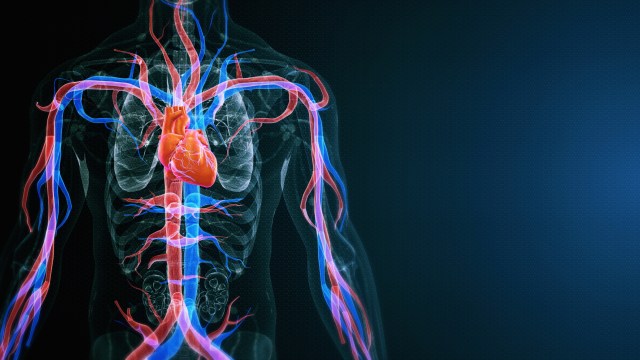
It’s American Heart Month—and time to talk about one of the biggest silent threats to your heart: visceral fat. This type of fat, which you can’t see, sits on top of your internal organs, and is more than just an annoyance—it’s a significant risk factor for heart disease. But good news: a low carb lifestyle can help you target visceral fat and lower your risk of heart-related issues.
Let’s break it down and give you some steps (and delicious recipes!) to keep your heart healthy.
What is Visceral Fat and Why Does It Matter?
Visceral fat is different from the fat you can pinch on your waistline (known as subcutaneous fat). Visceral fat surrounds your vital organs, like your liver, pancreas and intestines. Metabolically, it behaves differently, producing different hormones and contributing more to insulin resistance. While some fat is necessary, too much visceral fat can:
- Increase inflammation in your body.
- Disrupt hormones that regulate appetite and metabolism.
- Lead to insulin resistance, which is a precursor to diabetes and heart disease.
If you have excess visceral fat, you may be at a much higher risk for heart disease—even more so than if you have a high body mass index (BMI). That’s why targeting this type of fat is critical for your health.
How a Low Carb Lifestyle Targets Visceral Fat
Going low carb doesn’t just help you lose weight—it goes deeper, literally. Here’s how it helps:
- Reduces Insulin Levels: High carb diets cause spikes in insulin, which encourages fat storage. A low carb lifestyle helps keep insulin levels steady, making it easier to burn visceral fat.
- Lowers Inflammation: Excess sugar and processed carbs can be associated with higher levels of inflammation, which worsens visceral fat’s impact on your heart. Eating low carb can help avoid this.
- Improves Cholesterol and Triglycerides: Low carb eating has been shown to lower harmful triglycerides and improve LDL cholesterol particle size, which can play a factor in reducing heart disease risk.
- Burns Visceral Fat More Effectively: Research shows that low carb eating targets visceral fat more effectively because the body metabolizes it more rapidly.
Low Carb Tips for Heart Health
- Focus on Whole Foods: Build meals around lean proteins, non-starchy vegetables and healthy fats like avocados and olive oil.
- Skip Sugary Snacks: Replace sugary drinks and treats with low carb alternatives like sparkling water, a handful of nuts, some berries with Greek yogurt or antioxidant-rich dark chocolate (85% cocoa or higher).
- Prioritize Fiber-Rich Veggies: Veggies like spinach, cauliflower, broccoli, Brussels sprouts, asparagus and zucchini are low in carbs but high in fiber, which helps you feel full and supports gut health.
- Power Up Your Protein: Protein supports muscle growth and helps regulate your blood sugar, which is key to heart health.
- Embrace Healthy Fats: Omega-3 fats can reduce inflammation and help lower triglycerides, a risk factor for heart disease. Include foods like salmon, nuts, flaxseeds and chia seeds to keep cravings in check and provide long-lasting energy while supporting heart health.
- Move More: Regular exercise lowers your resting heart rate, which boosts your heart health.
Heart-Healthy Low Carb Recipes
Eating for your heart doesn’t have to be complicated or boring! These simple, flavorful low-carb recipes are packed with heart-boosting ingredients like omega-3-rich salmon, antioxidant-filled berries and fiber-packed veggies. Whether you start your day with a refreshing smoothie or enjoy a light Mediterranean-inspired salad, these dishes are as delicious as they are beneficial. .
Low Carb Mushroom, Cottage Cheese, Avocado Toast
Low Carb Mediterranean Canned Tuna and Cucumber Salad
Adopting a low-carb lifestyle is about more than just weight loss—it’s about giving your body the tools to help combat visceral fat and mitigate your risk of heart disease. By focusing on nourishing and tasty whole foods and making simple swaps, you can take charge of your health and show your heart some love this American Heart Month.
